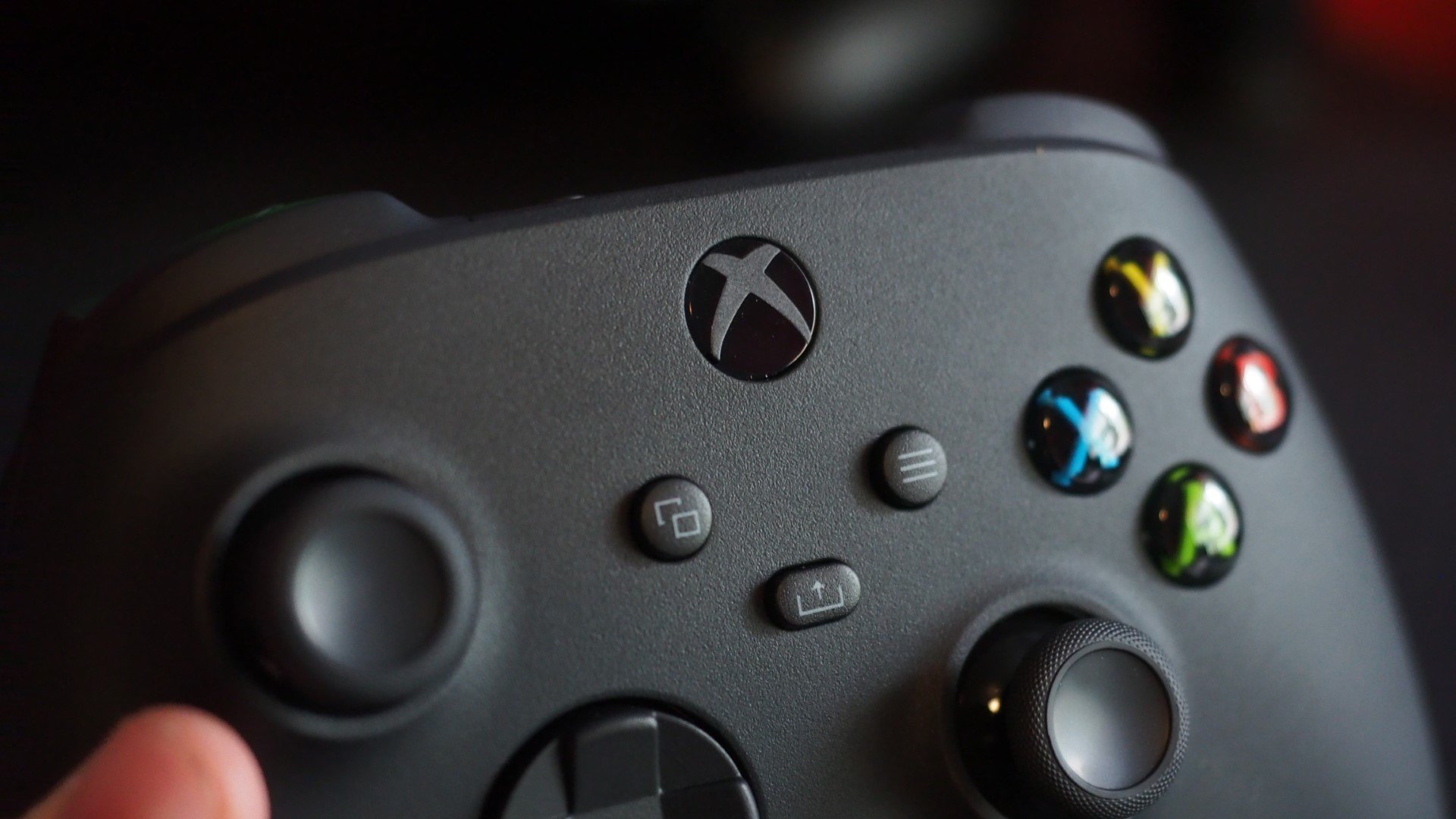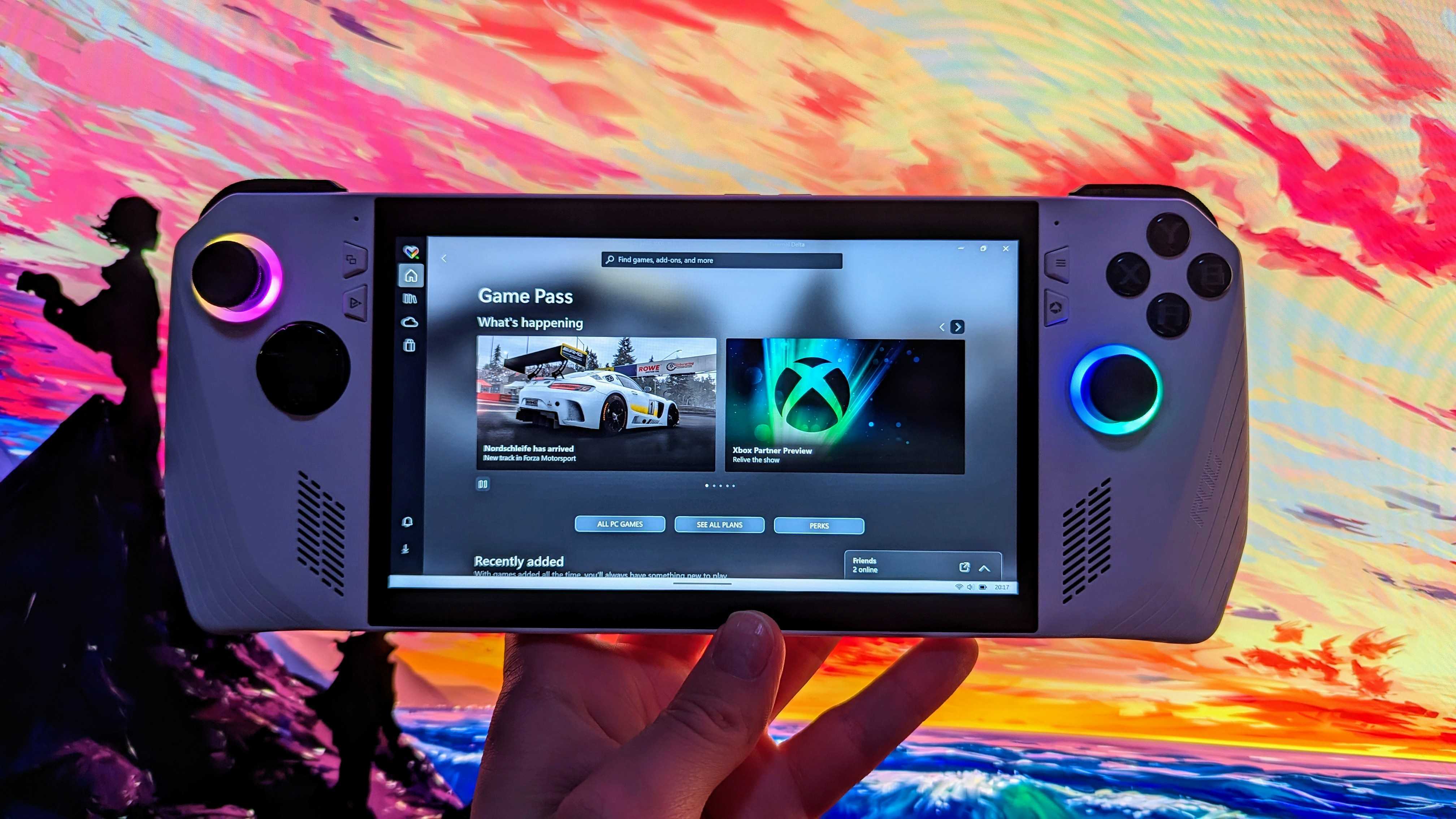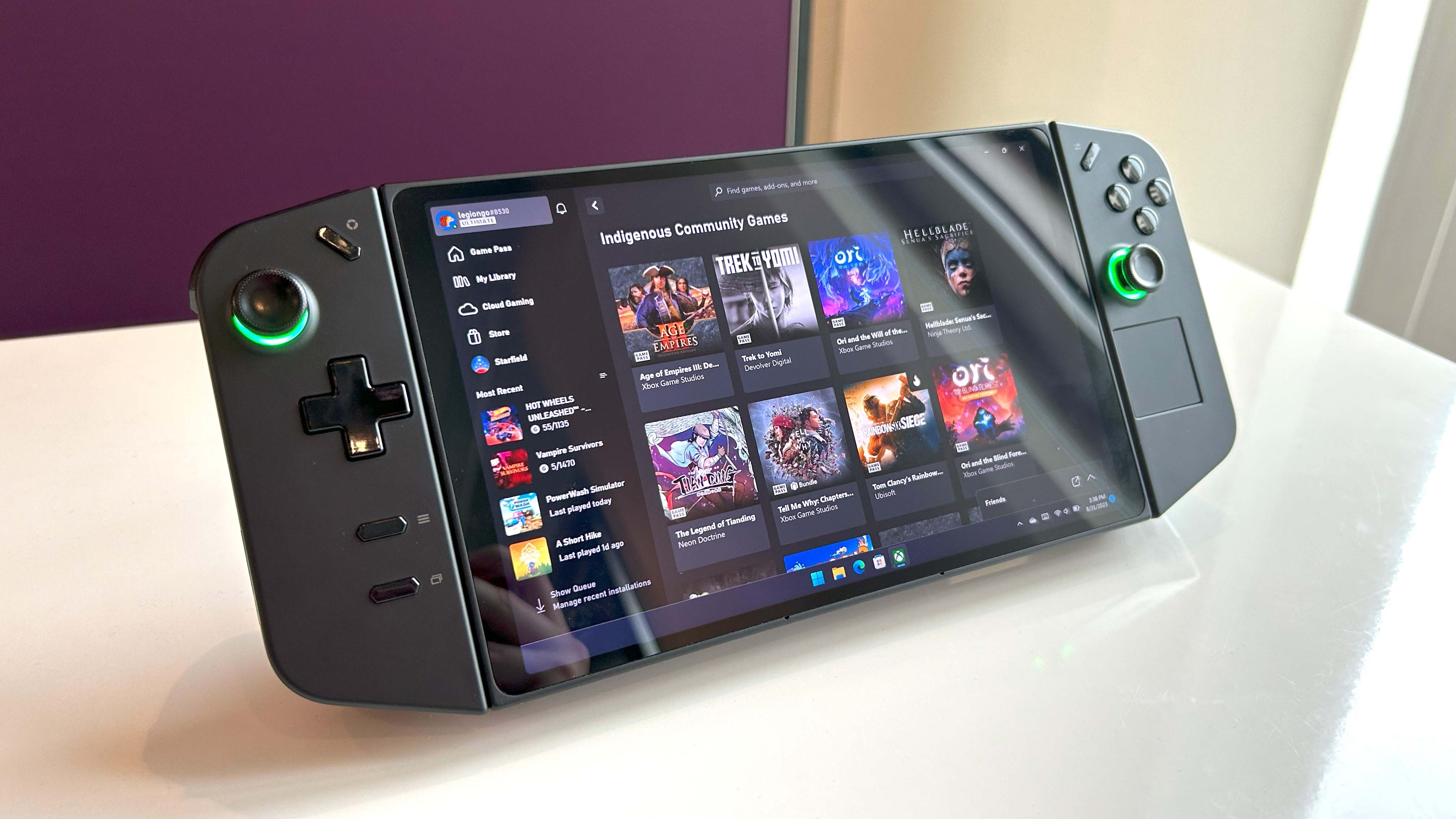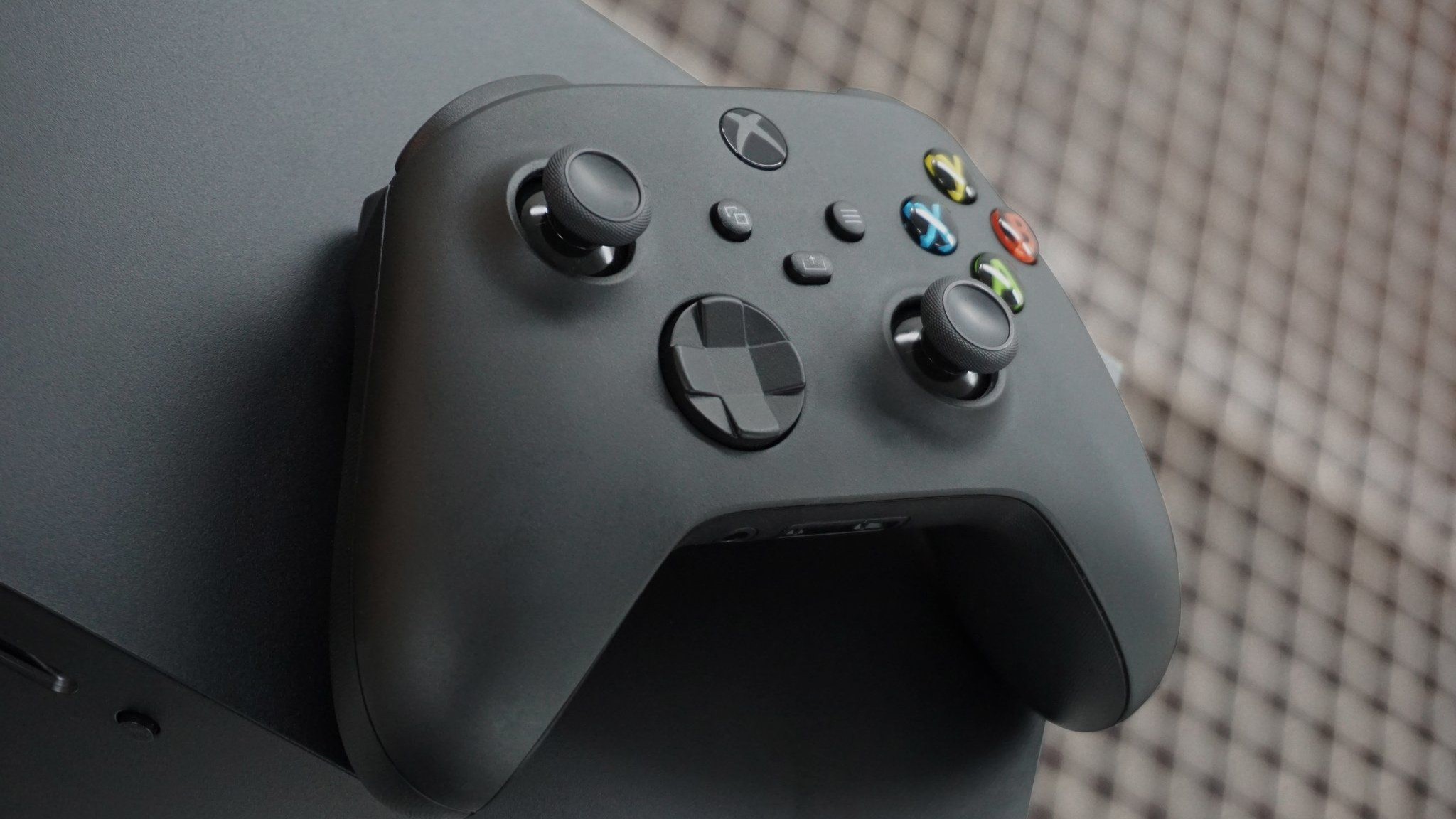What does Xbox’s next gen look like? I think there’s more hints out there than many potentially realize.
Recently, a game analyst predicted that, next gen, there won’t be room in the high end console market for both PlayStation and Xbox, insinuating essentially that Xbox would have to die. That’s dumb, for a variety of reasons, but we’ll focus on the more obvious ones right now.
As we head into 2025, the hardware we use to play games on is becoming increasingly incidental. I wrote recently how Xbox mostly won’t have console exclusives moving forward, but it may not even matter. Increasingly, PlayStation is bringing its games to Steam, and Valve is about to let manufacturers build “consoles” based on its OS, which will be full of PlayStation’s games anyway. In that universe, the very idea of the “console exclusive” game becomes a little silly.
The future of gaming from the platform holders’ perspective, at least generally, is going to revolve around content and software sales. The hardware that content lives on will become increasingly incidental, as more and more users adopt device-agnostic platforms like Steam and cloud to build their gaming libraries.
So, will Xbox have to exit hardware completely next gen? I believe that, in fact, the opposite will be true — instead of there being fewer Xbox-branded devices next gen, there will be more than ever, but they might not all be built by Microsoft itself.
Xbox put a Windows OEM vet in charge of hardware back in 2023
As Microsoft has expanded its gaming footprint, so too has it needed to split duties across various disciplines. Overseeing Xbox hardware at a high level is Sarah Bond, current President of Xbox. All the hardware and platform teams answer into Sarah, who is charged with executing Microsoft’s “Xbox everywhere” strategy.
Below Sarah Bond is Jason Ronald, who is now known as VP of Next Gen. Jason is in charge specifically of executing the new Xbox hardware ecosystem from first party. However, there’s another individual that the Xbox community rarely talks about, she who actually leads Xbox’s hardware ecosystem.
Roanne Sones came to Xbox a couple of years ago. Sones is a 22-year Microsoft vet and was previously Microsoft’s Windows OEM lead, responsible for developing partnerships between Microsoft and PC manufacturers like Dell, Lenovo, ASUS, and so on. I met Roanne Sones at an event in LA a couple of years ago, where Xbox’s initial shoots of a multi-device future started to take shape. In the press area, Microsoft had set up all of the devices that it considers part of the Xbox ecosystem — which goes far beyond the Xbox Series X|S consoles that traditionalists consider as being the “only” Xbox.
On deck were devices like the ASUS ROG Ally PC gaming handheld, which was new at the time. The Xbox Series X and S were present, naturally. We also had devices like the Razer Kishi V2 Pro mobile controller grip, and the Logitech G Cloud Android streaming handheld. This was way before Microsoft partnered up with Samsung for cloud gaming directly on TVs, or Amazon for cloud gaming directly on Fire Sticks. Even back then, it was a strong visual hint at what Roanne’s tenure at Xbox would look like.
Sones’ was clearly specifically brought in to help forge Xbox’s future, which increasingly looks a lot more like Valve and Steam than PlayStation and Nintendo. Next month at CES 2025, Valve with debut the first non-Valve Steam PCs, in partnership with Lenovo. Xbox’s Jason Ronald will also be there, doubtless to discuss how Microsoft is working hard to improve Windows on PC gaming handhelds.
Today, Windows has a huge compatibility advantage over Steam OS and distros like Bazzite, but the latter have big performance and usability advantages. Steam OS is far, far more intuitive on a gaming handheld. And when it’s coupled with Valve’s Proton emulation layer it, presents an existential threat to Windows itself potentially — which isn’t always the most optimized gaming platform for consumers.
But what does this mean for today’s Xbox console customer? What does it have to do with the next-gen systems? Read on.
The Windowsification of Xbox solves a ton of issues
Despite some minor variances the Xbox and PlayStation platforms are virtually identical these days, both based on x86 AMD chips that diverge almost arbitrarily. As costs in general rise and new users into the gaming ecosystem flatline, the ability to grow margins and deliver for stakeholders becomes constrained. To solve this, publishers ram games with microtransactions, preorder bonuses, premium early access, and various other strategies to squeeze more money out of the existing user base. Another potentially less self-destructive way developers could save money is if porting games between systems was even more streamlined.
While the Xbox ecosystem arguably has better support than it ever has, third-party support could be boosted even further if it was even more closely aligned with Windows PC, which remains the far bigger platform. Microsoft is currently working towards this goal, and I have it on good authority that the development platform for the next gen Xbox ecosystem will be more Windows-like than it ever has been. Developers will be able to deploy their games to the Microsoft Store across PC and the next gen Xbox consoles more easily than ever, in theory.
In essence, it’s my prediction that the next gen Xbox consoles will essentially be more PC-like than ever before. Xbox CEO Phil Spencer has hinted as much when he described a desire to bring third-party stores like Epic and GOG to Xbox consoles. You can’t really achieve that if the console itself can’t run Win32 Windows game packages natively.
Further more, it is my prediction and hope that, by making the next Xbox more Windows-like than ever, for consumers, I would hope that Xbox Play Anywhere becomes a standard requirement for publishers. If “everything is an Xbox” as Microsoft describes, then I need to be able to take my games from this Windows-ified Xbox console to my laptop PC to cloud devices to a Samsung Smart Fridge. Xbox Play Anywhere is the Xbox ecosystem’s most underrated feature in that universe Microsoft is trying to develop, and right now, it’s fairly limited, especially on games that never arrived in Xbox Game Pass. More developers are opting in without a Game Pass deal, though. Metaphor, Death Stranding, and Final Fantasy Pixel Remasters being a few recent examples.
Furthermore, I would hope that at least for next-gen systems, Microsoft will drop the anachronistic paywall for premium multiplayer games. It would make absolutely zero sense if I could run the Epic Store on my Xbox, and then be asked to pay for multiplayer. Dropping the pay wall for next-gen only might also encourage existing Xbox users to upgrade at a greater cadence than we’ve seen between the Xbox One and Xbox Series X|S generation, too. If this shiny new Xbox device is a PC, then it needs to behave like one — both for consumers and developers.
… And manufacturers, for that matter. Given Roanne Sones’ expertise, you’d have to assume that this Windows-like Xbox ecosystem would also lend itself to a licensing model. Manufacturers like Lenovo, ASUS, and others that are building Steam OS gaming devices, would also be able to build their own Xbox OS gaming devices. For Microsoft, this would solve their global footprint issue when it comes to distributing hardware. Microsoft is historically poor at marketing and representing its products with retailers outside of the United States. What if you could get Samsung to promote their own Xbox hardware locally in Korea? What if you could get an ASUS Xbox promoted in Taiwan? Microsoft could keep the spec recommendations tight to ensure consistency for console consumers who expect things to “just work,” while also having OEMs develop devices and price points that perhaps have stronger regional appeal.
Execution is absolutely key, and nowhere near guaranteed
But, yes. None of this is guaranteed. It’s a nice vision, potentially, solving various issues. OEMs with more expertise in hardware could potentially make better “Xbox consoles” for regions outside of Anglo-centric regions like the United States and UK, with marketing to match. Microsoft will still develop its own Xbox consoles for core fans and as reference devices for OEMs, including both handhelds and traditional devices. A more Windows-like development environment could lead to a boost in support from creative indies who presently favor Steam, as well as third-party publishers who typically favor PlayStation. Future games would be less equipment bound, and would hopefully roam to other future Windows devices and hardware more easily, future-proofing our content and our access. A more Windows-like environment could also make the devices more versatile too, giving greater access to non-gaming apps and services.
However, putting full Windows under the hood could create issues, too. Windows is a quirky operating system, and isn’t always as reliable as the lightweight Xbox OS designed specifically for gaming. A ton of work would have to flood into making Windows more usable on gaming handhelds, as well as via gamepads on TVs. You can’t do basic things like open text boxes or close UAC windows with a controller on Windows, and having to manage things like drivers and peripheral software is the antithesis of what console gaming is supposed to be — simple and easy. The very last thing I want to see on my Xbox is a blue screen of death. There’s also the matter of backward compatibility… games on Xbox Series X|S today are not designed (or licensed even) to run on Windows. For Microsoft to build a system that doesn’t support the existing library natively would be insanity, potentially, particularly when such a small percentage of the library supports Xbox Play Anywhere for PC future compatibility.
It’s not impossible that consumers wouldn’t just wholesale reject these ideas, though, particularly if executed poorly. The big fear in the Xbox community is that, we’ll end up losing access to our digital games, if Microsoft isn’t able to protect the current hardware ecosystem. Encouraging users to engage with Xbox on devices that aren’t attached to the Xbox ecosystem doesn’t inspire confidence, at least today.
If Microsoft does execute on this vision, it could totally change the game industry, and ensure Xbox’s long term hardware future.









